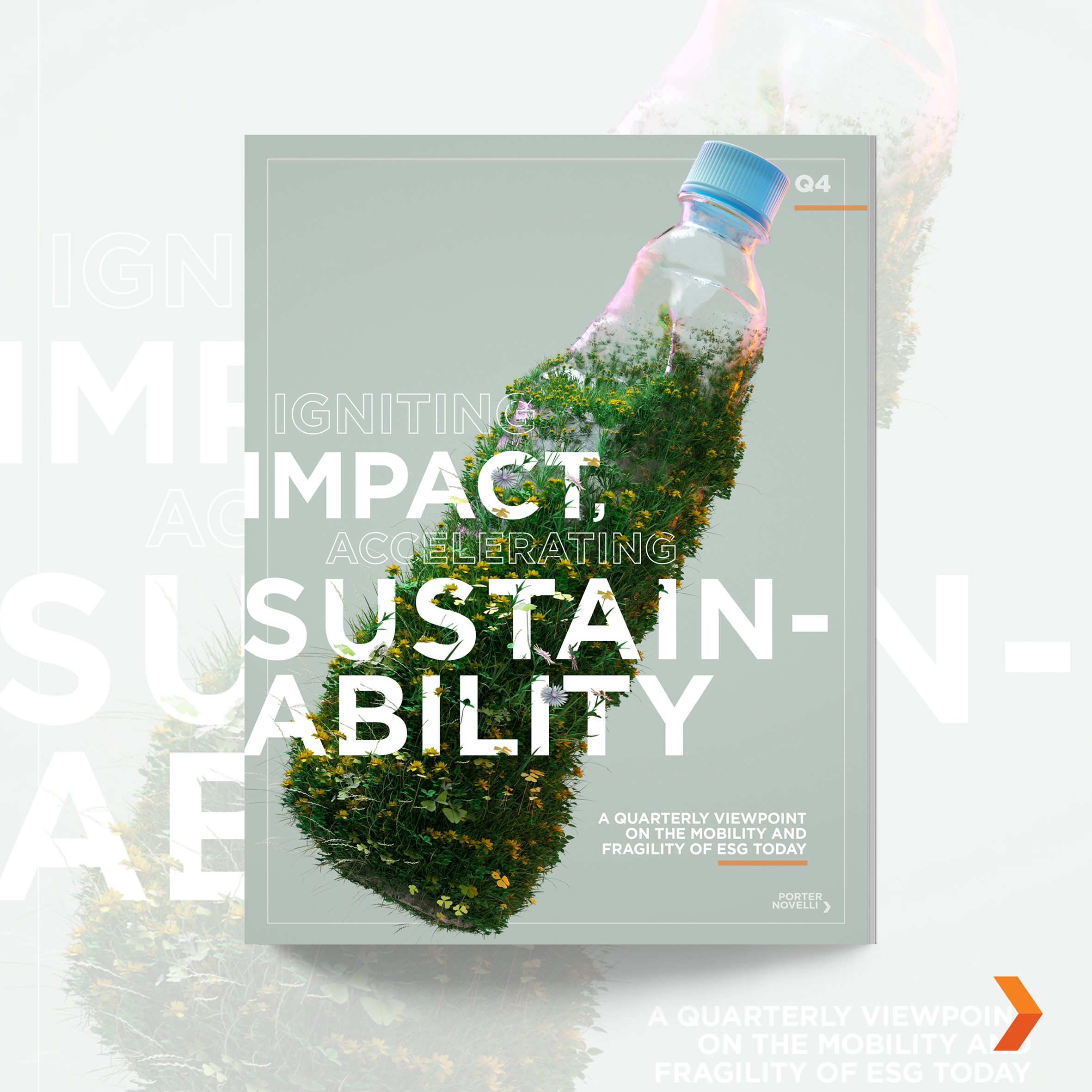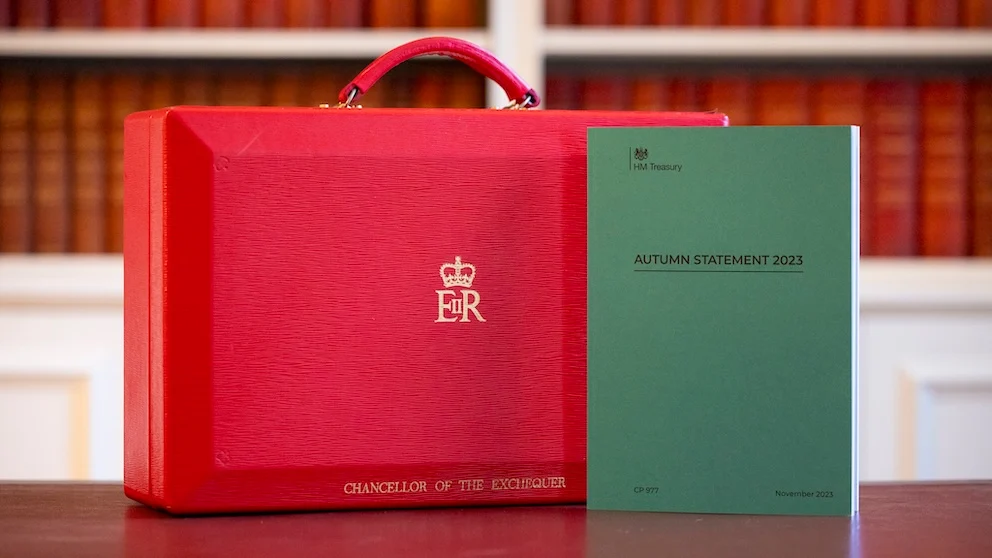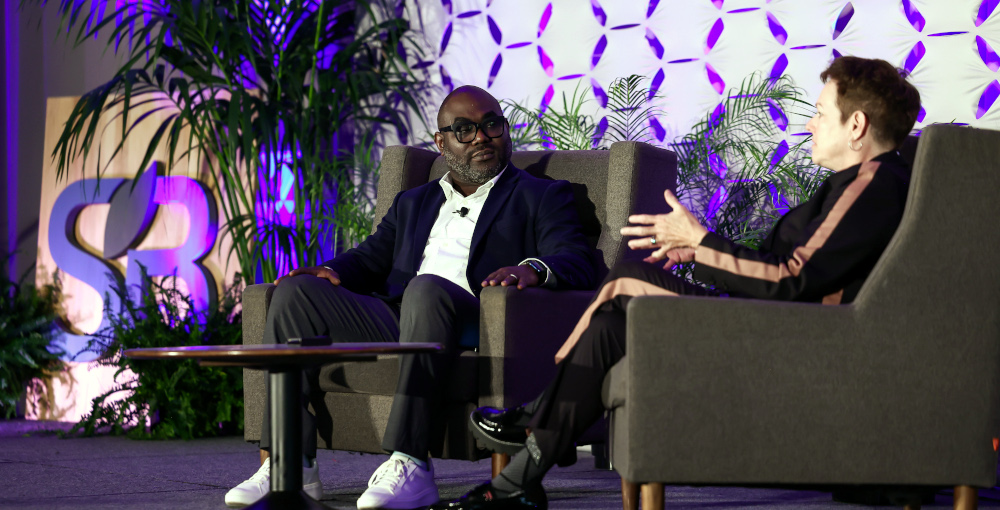Porter Novelli’s new reputational report reveals a new Era of Accountability in Action and how businesses can do better
Porter Novelli, the strategic communications company built on Purpose, has published its fifth annual research study of corporate reputation: The Purpose Priorities Report: How to Respond to the New Era of Accountability. It includes a new Better Business Matrix to help companies navigate current cultural trends and meet the evolving demands of their audiences.
An era of accountability
Since the onset of the COVID-19 pandemic, and in the wake of the 2020 social justice movement sparked in part by George Floyd’s murder, companies have made many promises to support change. The increase in extreme weather events, caused by climate change, has also sparked more corporate environmental commitments. And now there is a need to show outcomes from all of this as people are looking to companies for leadership
- Companies should demonstrate how they are following through on their promises to people, the planet or society – 84%
The report also highlights how consumers are demanding genuine change, not just marketing campaigns.
- Companies should have a point of view on environmental sustainability – 78%
- Companies should change the way they operate to address D&I – 72%
- Companies should encourage consumers to support social or environmental issues – 65%
David Bentley, Global CEO of Porter Novelli, commented: “Good intentions aren’t enough. Consumers are tired of talk: they don’t want to see campaigns, they want to see action. Companies are realising the benefits of doing business better as all audiences demand integrity and business growth will depend on navigating the complex landscape of audience expectations.”
Addressing the climate crisis is now table stakes for organizations
After fires, floods and droughts this year, the environment is front and center in consumer minds. While quality products and services are a prerequisite for a thriving business, audiences across all ages now expect industry to address sustainability as a core quality issue.
- More than a third (36%) of consumers will start or increase purchasing from companies that share a point of view on environmental sustainability that is aligned with their own, but…
- Half (51%) of consumers report they will stop or reduce purchasing from companies that go back on promises they make to address social or environmental issues.
The demand for operational D&I
Social inequalities are now a new second business priority to address, with operational changes expected.
- One-third (32%) of consumers will start or increase purchasing from companies that changes the way they operate to address diversity and inclusion
- Nearly the same amount (29%) of consumers will recommend companies that change they way they operate to address diversity and inclusion to friends, family and acquaintances
Conroy Boxhill, President of Porter Novelli U.S, commented: “Consumers are looking to business for active leadership. The research shows clearly there’s now a sense of urgency around companies’ DE&I efforts to the point that people are requesting they restructure operationally to drive this change.”
Politics can be punishing
In the last couple of years, companies have chosen to wade into political issues like voting rights and Roe v. Wade, but consumers aren’t convinced business and politics mix.
- Nearly half (48%) of Americans want companies to encourage consumers to take political actions like voting or writing to congress, but…
- Fewer than two-in-five (39%) consumers believe companies, themselves, should comment on political topics in the news
Companies should play politics with caution.
- 44% of consumers will actually stop or reduce purchasing from companies that publicly comment on a political topic with a view that is the opposite of their own
Reputation leaders
As part of the report, the strategic communications company has developed a Better Business Matrix. This ranks the reputational leaders by industry, in eight key sectors, mapped to highlight the beneficial impact of Purpose on brand value. It also enables companies to self-diagnose their own reputation, based on the key criterion described in the report. Companies which performed the best within their industries, include:
- Automotive – Toyota
- Communications – T-Mobile
- Financial Services – TIAA
- Food & Beverage – PepsiCo
- Tech – Intel
- Retail – REI
Sandy Skees, Purpose & Impact lead from Porter Novelli, added: “The landscape is shifting rapidly, and this report highlights the changing expectations around sustainability and DEI as examples of purpose in action. The Porter Novelli Better Business matrix is about ensuring companies know how to decode and deliver on environmental and social progress – as well as avoiding the pitfalls of political overreach.”
The Purpose Priorities Report analyzed the reputation of 200 top companies listed in the Fortune 100, Fortune Best Companies to Work For, World’s Most Ethical and the DiversityInc., among others.
“For the past 30 years, Porter Novelli has sought to understand the role of Purpose in company performance,” says Andrea List, senior vice president of Data & Insights, the report’s lead author. “In that time, the imperative to authentically address social and environmental issues has only grown stronger. This study continues to demonstrate that no corporate reputation can thrive without Purpose.”

















